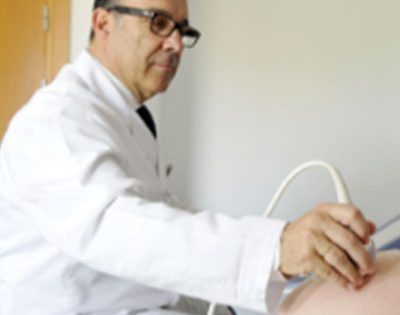Genetics
Genetics is the branch of biology that studies how biological inheritance is transmitted from parents to children and how our body works. Learn the details of the specialty and the latest avant-garde. The transmission of diseases and what we can do at Instituto Bernabeu to detect them and prevent them from being transmitted to new generations. As well as the new tests and firsts that arise from our lines of research.
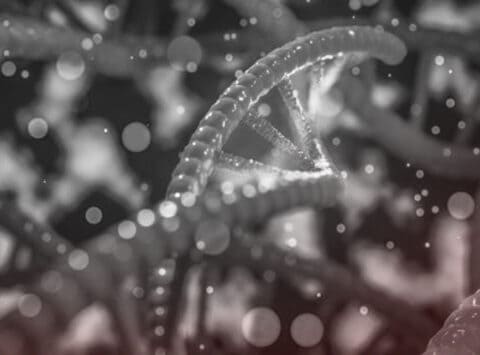
Cystic fibrosis is a chronic and progressive disease that appears in early childhood and affects many organs in the body, (such as the lungs, intestines, pancreas, liver…). The disease causes thick mucus production, which leads […]
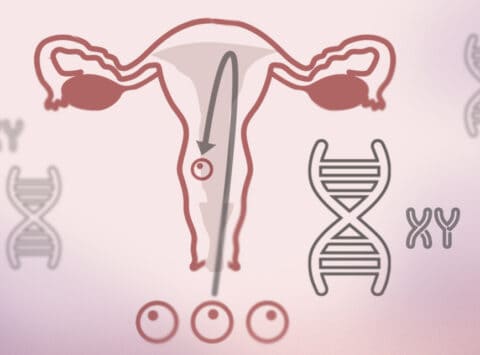
Chromosomal alterations in repeated miscarriages
Couples who get pregnant, either naturally or through assisted reproductive techniques, are especially worried about the successful outcome of the pregnancy. Unfortunately, some pregnancies end in miscarriage or fetal loss in the week 20 of […]

Progress in treatment for patients with poor ovarian response
Personalising courses of treatment is undoubtedly currently the most important area of change in the field of medicine. A specific strategy should be designed depending on each patient’s individual characteristics. Identified the genes involved in ovarian […]
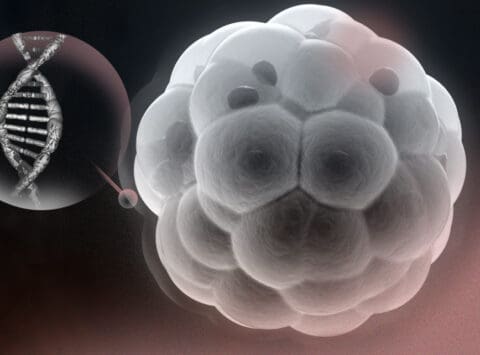
Preimplantation genetic diagnosis without biopsy non-invasive: niPGT-A
What is PGD without biopsy (niPGT-A)? The goal of in vitro fertilization is to have a healthy child. For this purpose, in the last decades different methods have been developed to perform a genetic diagnosis […]
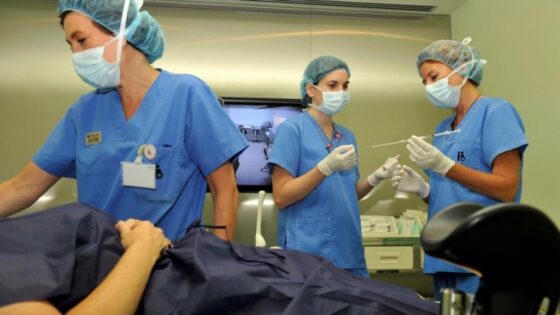
Poor Ovarian Response: progress in genetics
Ovarian stimulation is key in results obtained as a results of assisted reproduction techniques. Daily clinical practice shows us that ovarian response can vary substantially from one woman to another. With this in mind, we […]
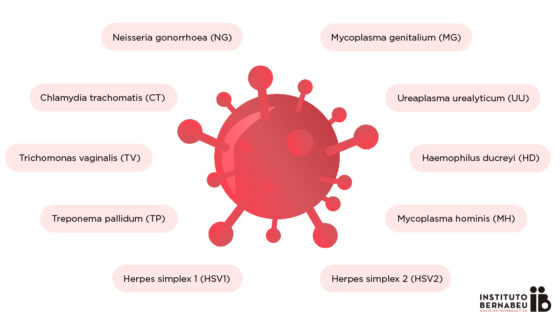
The significance of sexually transmitted diseases (STDs) in fertility
Sexually transmitted disease (STDs) are infections that are transmitted, on the whole, during unprotected sexual intercourse. However, they can also be transferred from mother to child during pregnancy.

Difference between identical and fraternal twins
Before establishing the biological origin differences between identical and fraternal twins, let’s make a quick note on the etymology of both words. Etymologically both terms have the same origin (Latin gemellicium) and were used interchangeably […]
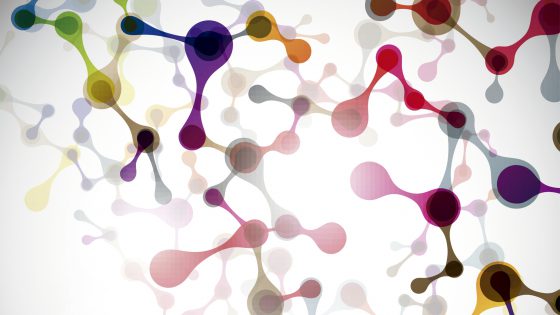
Children born to blood relatives
The question of relationships between blood relatives has been approached in many different ways throughout the course of history. There have been times when relationships of this kind have been commonly accepted. Whilst at other […]
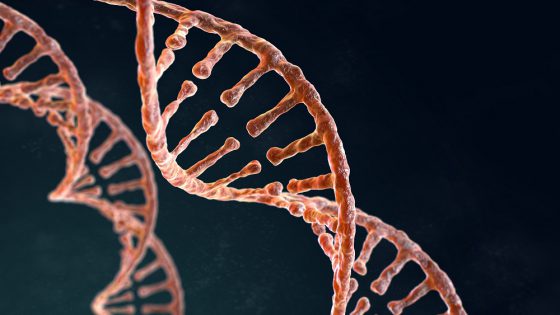
What is Preimplantation Genetic Diagnosis (PGD).When is it indicated?
Preimplantation genetic diagnosis (PGD) is a very useful tool in Assisted Reproduction for the genetic selection of embryos prior to their transfer to the maternal uterus. It allows the selection of healthy embryos for a […]

